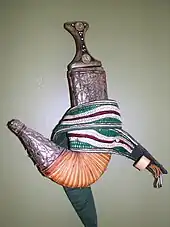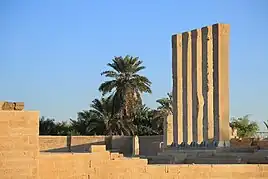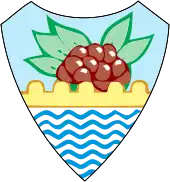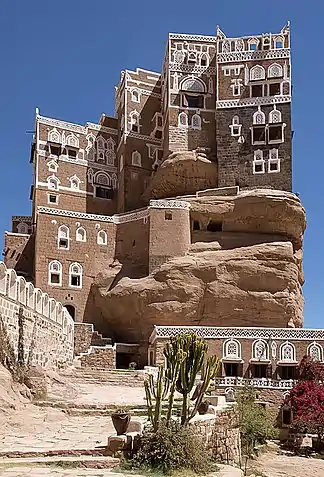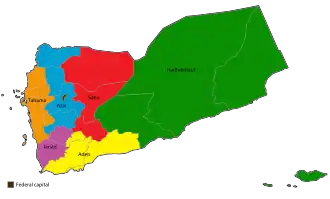Yemen Portal
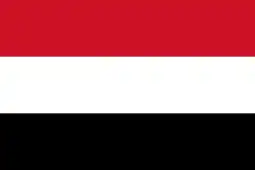
.svg.png.webp)
Yemen (/ˈjɛmən/ ⓘ; Arabic: ٱلْيَمَنْ, romanized: al-Yaman), officially the Republic of Yemen, is a country in West Asia. It is located in the southern end of the Arabian Peninsula, and borders Saudi Arabia to the north and Oman to the northeast. It shares maritime borders with Eritrea, Djibouti and Somalia. Covering 530,000 square kilometres (204,634 square miles) and having a coastline of approximately 2,000 kilometres (1,200 miles), Yemen is the second-largest Arab sovereign state on the Arabian Peninsula. Sanaa is its constitutionally stated capital and largest city. The country's population is estimated to be 34.7 million as of 2023. Yemen is a member of the Arab League, the United Nations, the Non-Aligned Movement and the Organisation of Islamic Cooperation.
In ancient times, Yemen was the home of the Sabaeans, a trading state that included parts of modern-day Ethiopia and Eritrea. Later in 275 AD, the Himyarite Kingdom was influenced by Judaism. Christianity arrived in the fourth century, and Islam spread rapidly in the seventh century, with Yemenite troops playing a crucial role in early Islamic conquests. Various dynasties emerged between the 9th and 16th centuries. During the 1800s, the country was divided between the Ottoman and British empires. After World War I, the Mutawakkilite Kingdom of Yemen was established, followed by the creation of the Yemen Arab Republic in 1962. South Yemen became independent in 1967. In 1990, the two Yemeni states united to form the modern Republic of Yemen (al-Jumhūrīyah al-Yamanīyah). President Ali Abdullah Saleh was the first president of the new republic until his resignation in 2012 in the wake of the Arab Spring.
Since 2011, Yemen has been facing a political crisis, marked by street protests against poverty, unemployment, corruption, and president Saleh's plan to amend Yemen's constitution and eliminate the presidential term limit. Subsequently, the country has been engulfed in a civil war with multiple entities vying for governance, including the government of President Hadi (later the Presidential Leadership Council), the Houthi movement's Supreme Political Council, and the separatist Southern Movement's Southern Transitional Council. This ongoing conflict has led to a severe humanitarian crisis and received widespread criticism for its devastating impact on Yemen's people. (Full article...)
Selected article -
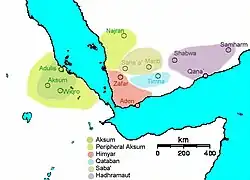
Sheba (/ˈʃiːbə/; Hebrew: שְׁבָא Šəḇāʾ; Arabic: سبأ Sabaʾ; Geʽez: ሳባ Sabaʾ) is an ancient kingdom mentioned in the Hebrew Bible and the Quran. It particularly features in the tradition of Orthodox Tewahedo in today's Ethiopia and is also asserted as the home of the Queen of Sheba, who is left unnamed in Jewish texts, but is known as Makeda in Ethiopian texts and as Bilqīs in Arabic texts. According to the Jewish historian Josephus, Sheba was the home of Princess Tharbis, who is said to have been the wife of Moses before he married Zipporah.
There is no consensus on the exact location of Sheba, though modern scholars have placed it in the general area spanning South Arabia and the Horn of Africa. (Full article...)List of selected articles |
|---|
Selected biography -
Sheikh Abdullah bin Husayn bin Nasser al-Ahmar (Arabic: عبد الله بن حسين الأحمر) (1 November 1933 – 29 December 2007) was a politician and tribe leader of Yemen. He was the Speaker of the House of Representatives (Yemen) from 1993 to 2007 and also was the Sheikh of the Hashid tribal federation and the Al-Islah party.
He inherited the position of Sheikh of the Hashid tribal federation from his father, Husayn Bin Nasser al-Ahmar, who was executed by Imam Ahmad bin Yahya. As a result, during the North Yemen Civil War Abdullah al-Ahmar sided with the Republicans against the Royalists and was appointed governor of Hajjah, but he refused to join the Egyptian-backed government of Abdullah as-Sallal. After Egypt withdrew from Yemen, he helped topple the Sallal government and his tribes provided crucial support to the new regime of Abdul Rahman al-Iryani against the royalists. (Full article...)List of selected biographies |
|---|
General images -
Selected city -
Selected picture -
Selected cuisines, dishes and foods -
List of articles |
|---|
Related portals
Religions in Yemen
Arab states
Categories
Topics
Related portals
Religions in Yemen
Arab states
Associated Wikimedia
The following Wikimedia Foundation sister projects provide more on this subject:
-
 Commons
Commons
Free media repository -
 Wikibooks
Wikibooks
Free textbooks and manuals -
 Wikidata
Wikidata
Free knowledge base -
 Wikinews
Wikinews
Free-content news -
 Wikiquote
Wikiquote
Collection of quotations -
 Wikisource
Wikisource
Free-content library -
 Wikiversity
Wikiversity
Free learning tools -
 Wiktionary
Wiktionary
Dictionary and thesaurus
More portals
-
 List of all portalsList of all portals
List of all portalsList of all portals -
 The arts portal
The arts portal -
 Biography portal
Biography portal -
 Current events portal
Current events portal -
 Geography portal
Geography portal -
 History portal
History portal -
 Mathematics portal
Mathematics portal -
 Science portal
Science portal -
 Society portal
Society portal -
 Technology portal
Technology portal -
 Random portalRandom portal
Random portalRandom portal -
 WikiProject PortalsWikiProject Portals
WikiProject PortalsWikiProject Portals
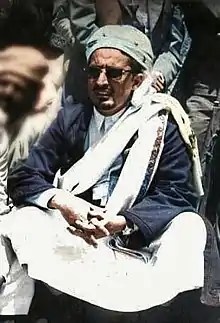
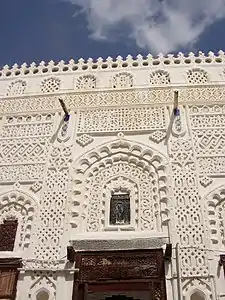
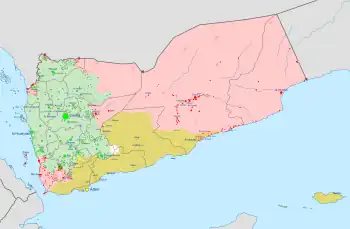

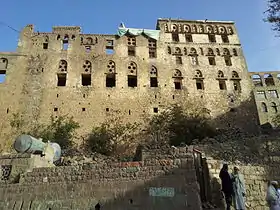
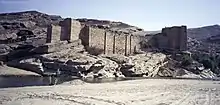
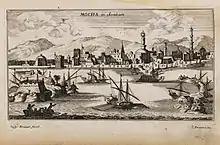
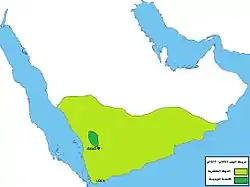
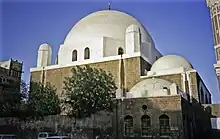
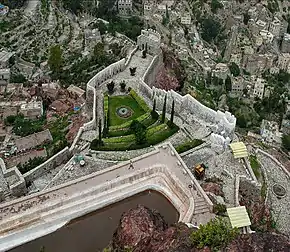

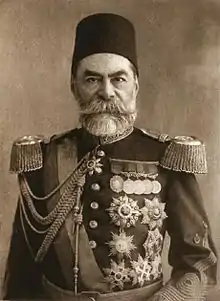
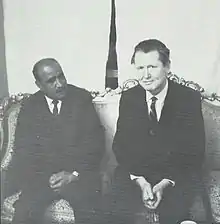
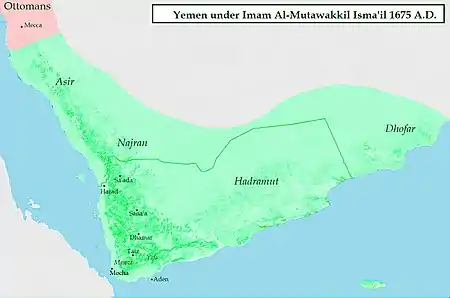
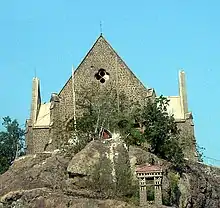
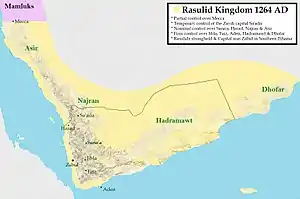
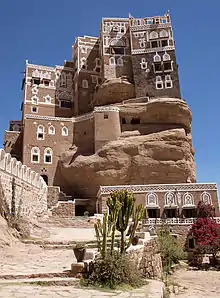
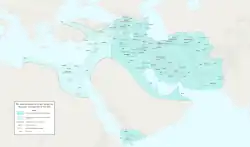
.svg.png.webp)

.jpg.webp)

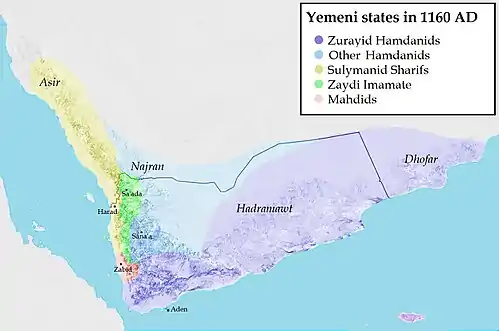

.jpg.webp)
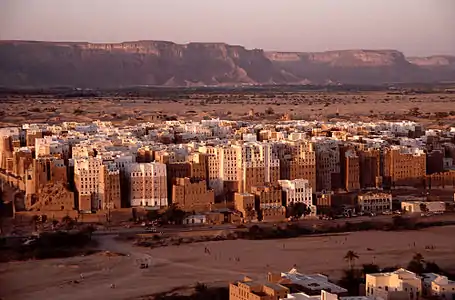
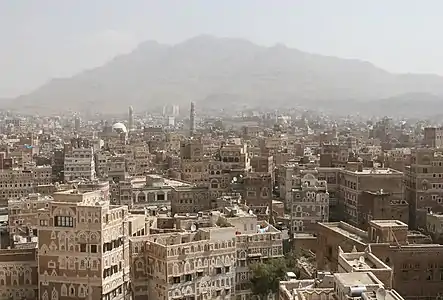

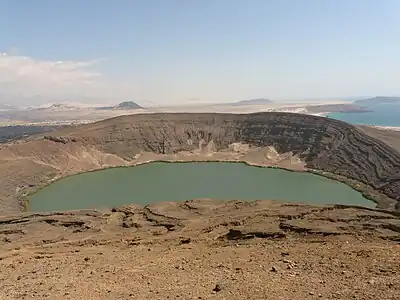
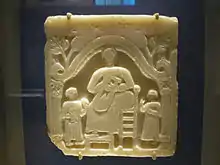

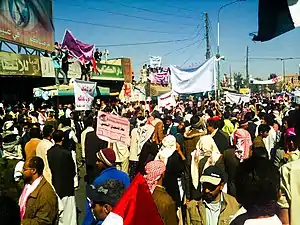
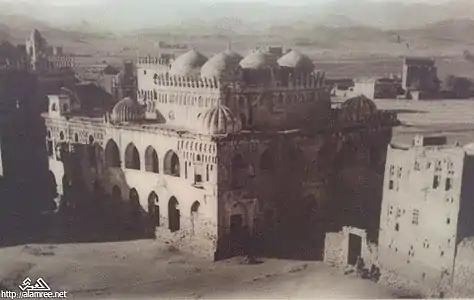
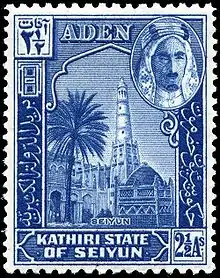
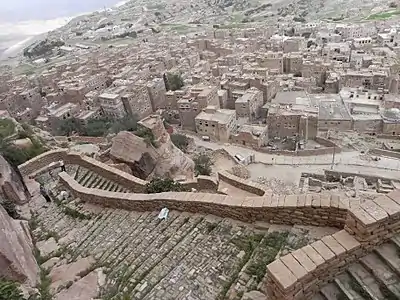
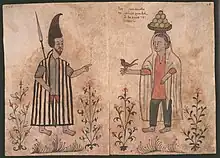
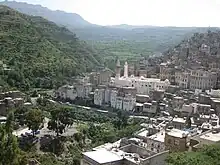
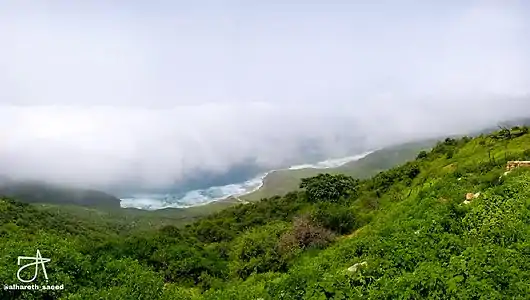
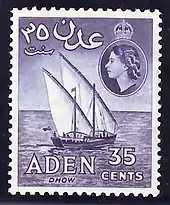
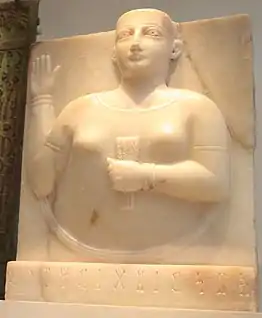
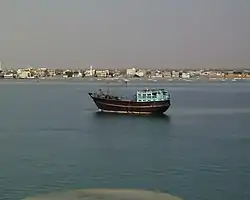
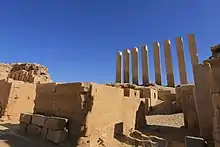
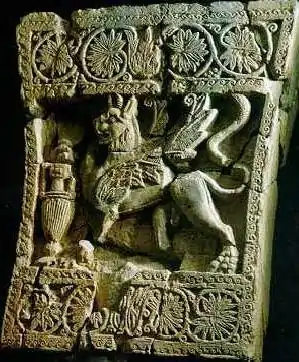
%252C_1902.jpg.webp)
.jpg.webp)

